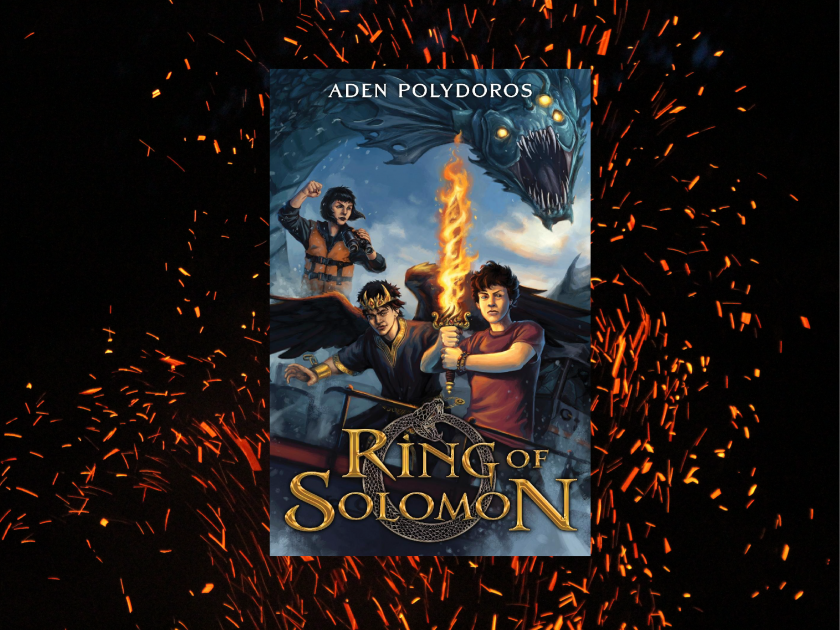
Before I began drafting Ring of Solomon, I never imagined that I would ever write — let alone publish — a Jewish fantasy middle-grade book. Growing up in the early 2000s, I never had a chance to read middle-grade fantasy with characters who were like me: characters who were Jewish or queer, or even those who were raised in interfaith families.
Instead, I would find myself mentally adapting the characters as I was reading, so that they would be like me. So that, despite what was written on the page, they would share my own thoughts, feelings, and experiences.
When I was working on my previous novel, The City Beautiful, I couldn’t envision a place for it in the market. I thought it was too queer to be Jewish and too Jewish to be queer. After it was published, I was deeply moved to find how well it was received by both Jewish and non-Jewish readers and queer and non-queer readers. I realized that there was a place in publishing for stories like mine, for characters like me. And this revelation led me to begin working on Ring of Solomon.
In The City Beautiful, I felt it was extremely important to adhere to both historical and religious accuracy, given that the story is situated in an historical setting and deals with dark topics. But with Ring of Solomon, I let myself have some fun. I bring in characters from Jewish legend and folklore, such as Ashmedai, the king of demons, and the three monsters born at the dawn of creation; yet I portray them in a way that is lighthearted and thus more accessible to young readers. I also incorporate King Solomon’s ring, which the protagonist finds at a flea market. I love going to flea markets and antique stores, and thrifting has been a passion of mine since I was a teen. So I jumped at the chance to introduce yet another of my interests into my writing.
My hope is that Ring of Solomon is a fun and immersive adventure that readers of all upbringings, faiths, and worldviews can enjoy. I hope, too, that when the book comes out, it will reach kids who see parts of their identities, emotions, and experiences in Zach’s and Sandra’s characters — and, perhaps for the first time, they will see themselves as heroes.
Aden Polydoros grew up in Illinois and Arizona, and has a bachelor’s degree in English from Northern Arizona University. When he isn’t writing, he enjoys going to antique fairs and flea markets. He can be found on Twitter at @AdenPolydoros.